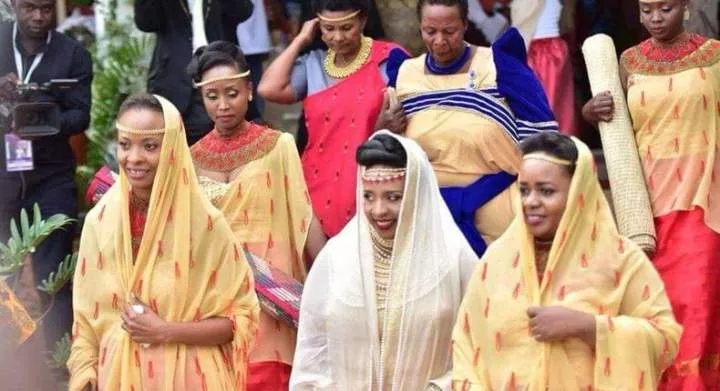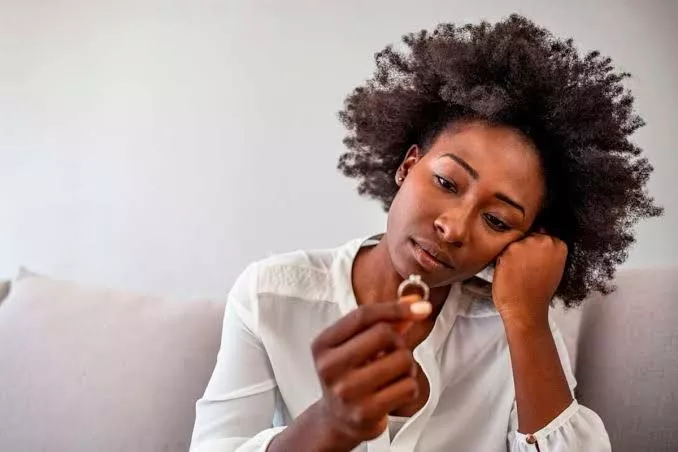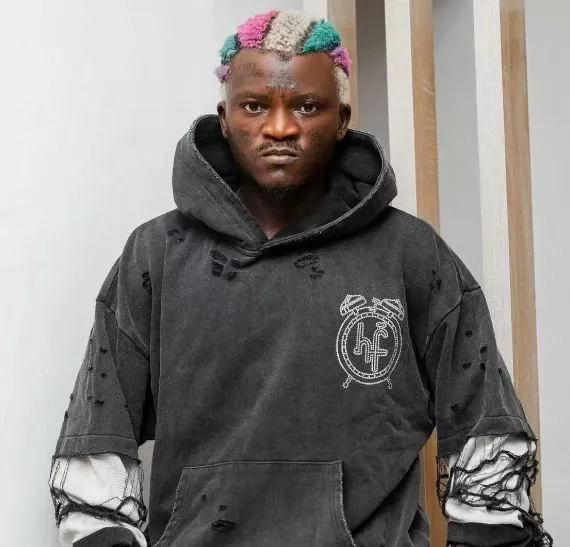![Debunking virginity myths Nollywood helped spread [Meta AI] Debunking virginity myths Nollywood helped spread [Meta AI]](https://static.netnaija.com/i/rO7O45vRayp.webp)
Let's talk about virginity. Yes, that loaded, much-debated topic that somehow manages to stay relevant even in 2025.
Recently, an Instagram post reignited this age-old conversation. The writer, reflecting on her first sexual experience as a virgin, shared, "Most of us didn't bleed the first time, I believe it's all a myth."
Cue the comment section: a chaotic mix of men flaunting their ignorance, women sharing personal stories, and others using the moment to drop some much-needed knowledge.
The highlight? A comment that pointed fingers at early Nollywood films for propagating the myth that the loss of virginity is always accompanied by blood; especially on a woman's wedding night.
Bleed or Be Punished
If you're familiar with classic Nollywood, you'll remember those dramatic wedding night scenes. A bride, nervous and scared, is sent off to consummate her marriage.
Cut to the next morning: the family and guests gather as the husband waves a blood-stained bedsheet like a trophy. Applause erupts. The bride is declared virtuous, and everyone rejoices.
But if there's no blood? Chaos. The bride is shamed, ostracised, or worse, sent packing. These scenes were presented as fact, reinforcing a harmful belief system.
No one questioned the science, let alone the impact of this myth on real-life women.
The Reality: Let's get scientific
Here's the truth: not every woman bleeds during her first sexual experience. Why?
No hymen to begin with: Not every woman is born with a hymen, and that's perfectly normal.
The hymen Was already torn: Activities like sports, cycling, or even using tampons can stretch or tear the hymen long before sex.
Elastic hymen: For some women, the hymen is so elastic that it doesn't tear during penetration.
The presence (or absence) of blood is not an indicator of virginity, yet this harmful narrative continues to thrive.
The Nollywood Effect
Nollywood, especially in its earlier years, did more than entertain; it shaped societal beliefs. By presenting virginity myths as indisputable truths, these films reinforced damaging stereotypes about women's bodies and worth.
Let's be clear: Nollywood didn't create the virginity myth, but it amplified it. For decades, films pushed the narrative that a woman's purity was tied to blood on the sheets, contributing to real-life consequences for countless women.
Relationships ended. Trust was broken. Women were punished for things entirely out of their control.
A Teachable Moment
What's encouraging about the Instagram post is how some commenters turned it into a teachable moment. Women and men shared their stories, dispelling the myths and educating others.
One person even noted how these outdated beliefs robbed women of their agency, forcing them to conform to unrealistic and harmful expectations.
The conversation also highlighted the importance of accurate representation in media. If Nollywood played a role in spreading these myths, it also has the power to undo the damage.
Modern filmmakers have a responsibility to tell stories that challenge harmful narratives, educate audiences, and reflect the truth about women's experiences.
What's Next for Nollywood?
It's time for storytellers to tackle myths like these, head-on, presenting accurate, empowering depictions of women's experiences.
So, to the writers, directors, and producers out there: Let's stop tying a woman's worth to her hymen. Let's move beyond the blood-stained bedsheet trope.
Let's tell stories that educate, uplift, and reflect the truth.
And to the rest of us? Let's keep having these conversations. Let's challenge the myths. And let's remember: a woman's worth is never up for debate.

















Comments